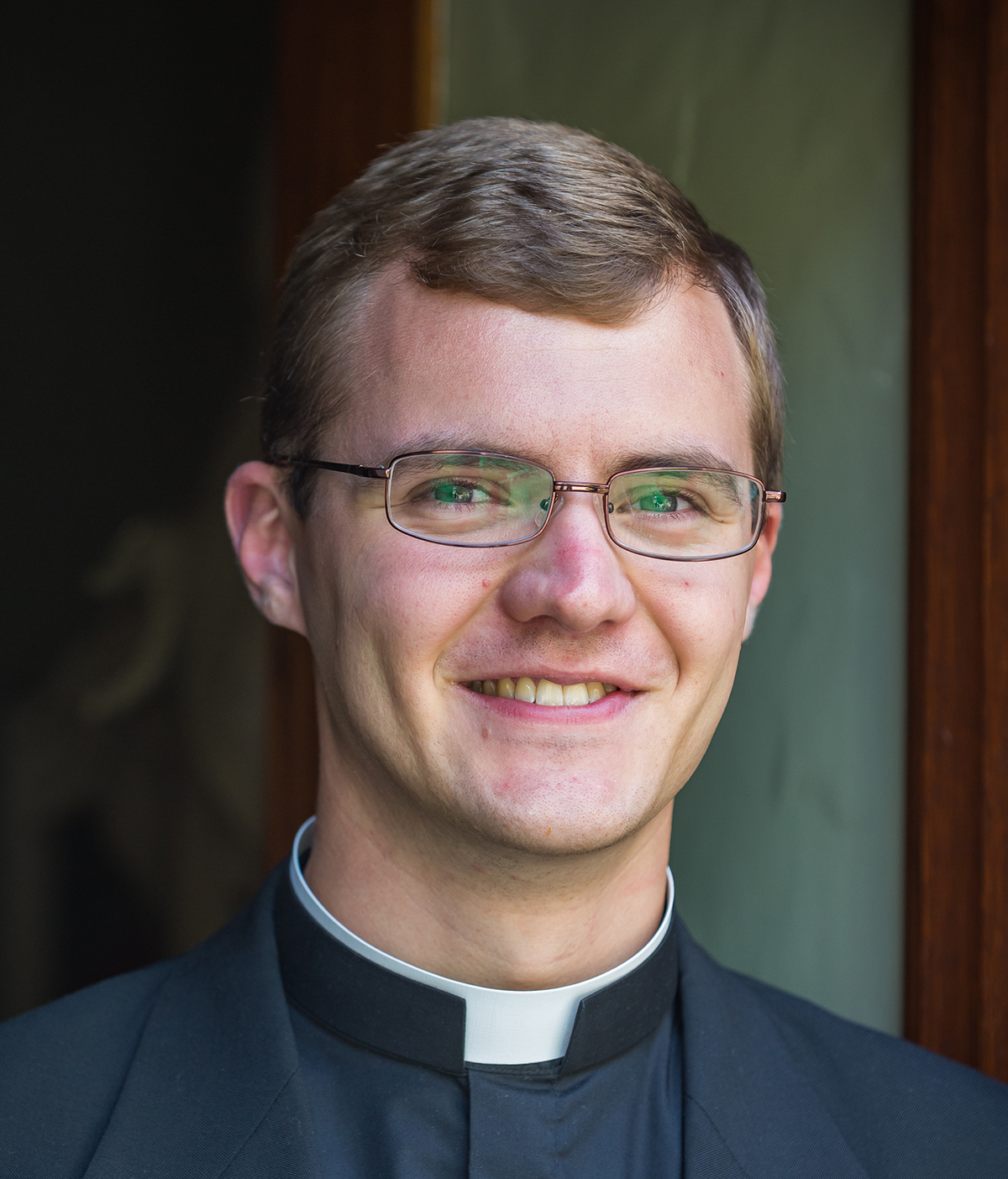DEAR FATHER | The mysteries of the Rosary are all expressions of God’s plan for us
Why do we call the meditations in the Rosary “mysteries”? They don’t seem that mysterious.

When I was young, some of the first chapter books I read were about Encyclopedia Brown, a super-smart boy who would solve mysteries like Sherlock Holmes. Each chapter began with a conundrum in which young Encyclopedia would get involved. Then, after hearing all the clues, he would announce that he knew exactly what happened and who did it. The solution would only be explained in a section at the back of the book, however, so the readers could see if they could figure out what was going on before Encyclopedia Brown told us.
We are used to thinking about mysteries that way, as a type of story with a puzzle we try to solve before we are told its answer. Calling these detective stories “mysteries” has only been done for the past 100 years or so, though. When we use the word in theology, we are using a much older meaning.
In theology, a “mystery” is a truth that human beings cannot discover on our own but relies upon revelation from God to become known. Unlike Encyclopedia Brown or his young readers, we are not expected to figure these things out on our own. And even when we do have revelation showing us the way, a true theological mystery still remains mysterious insofar as our human intellect will never exhaust its depths of meaning. We cannot know the mind of God, and even when He reveals it to us, there is a wisdom, beauty and greatness in God that will always be beyond our understanding.
The incarnation of Jesus is one of the most important theological mysteries. As the Letter to the Colossians says, Christ is “the mystery of God … in whom are hidden all the treasures of wisdom and knowledge” (Colossians 2:2-3). We could not possibly guess the necessity of the Incarnation, nor can we fully understand this union of God and humanity. Other great mysteries of the faith, like the Eucharist or the Trinity, similarly exceed our comprehension.
Based on this primary meaning, the first theologians of the Church, the Church Fathers, began to refer to all the major salvific acts of God, especially the birth, passion and resurrection of Jesus, as “mysteries” of the faith, since they are all expressions of God’s own transcendent plan. It is this use that we see when we call the Rosary’s meditations on Jesus’ life “mysteries.”
Interestingly, this is also how the sacraments got their name. The Latin sacramentum was one of the words used to translate the Greek word mysterion when describing Christian worship. This ancient usage shows up when the priest proclaims that the Eucharist is the “mystery of faith.”
So don’t worry, calling the events of Jesus’ life “mysteries” doesn’t mean that they are supposed to be puzzles we have to figure out. Instead, it means they are examples of deep truths that we should appreciate in humility and gratitude as expressions of God’s great plan for us!
Father Chris Schroeder is senior associate pastor of St. Charles Borromeo and St. Peter parishes in St. Charles.




